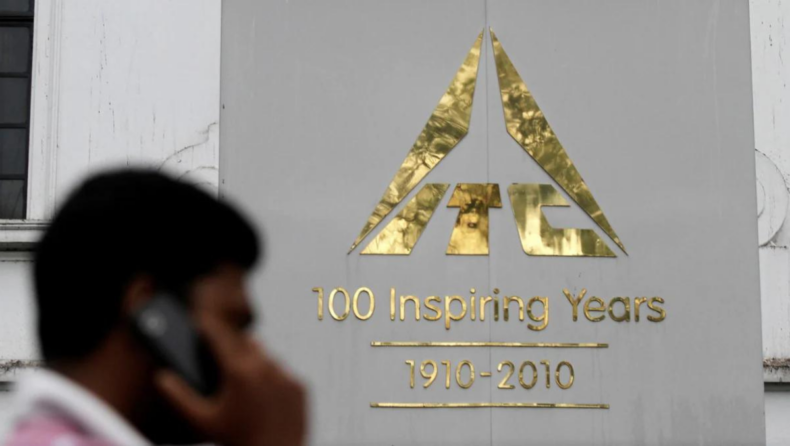ITC highlighted in its annual report that the growth of the FMCG business as a whole slowed owing to sluggish demand in rural areas, rising inflation, and a large base effect in key categories, such as convenience foods and basics.
“Inflation headwinds remain a significant monitorable for the fast-moving consumer goods market,” ITC Limited stated in its annual report issued Wednesday.
FMCG companies’ growth has slowed owing to low rural demand, rising inflation, and a strong base effect in numerous categories such as convenience foods and basics, according to the research.
Furthermore, low rural demand and high inflation slowed FMCG sector development in FY22, according to business analysis.
Volatility in COVID-19 pandemic demand also affected demand for personal hygiene items, although prices remained far above pre-pandemic levels, thereby leading to inflation.

For the first time ever, the cost of major inputs such as edible oils, packaging materials, soap noodles and petrol pushed margins to the limit.
” According to the report, the company’s “holistic strategy throughout the value chain” includes “strong attention on cost control,” “portfolio premiumization,” competitive trade and marketing expenditures, fiscal incentives, supply chain agility, and smart pricing moves.”
In the second half of FY22, ITC’s FMCG-Cigarettes business returned to pre-pandemic levels of sales thanks to the normalization of economic activity, according to the company’s annual report.
The growing business travel, domestic leisure, and wedding sectors drove a rebound in ITC’s hotel industry as well. But it is still a long way from pre-pandemic levels.
On the other hand, ITC’s Agri-business section performed very well, with sales up 28.7 percent and profits up 25.6 percent. Exports of wheat, rice, spices, and leaf tobacco all saw significant increases, according to the data.
The company’s paperboards, paper, and packaging division saw sales rise by 36.0% and earnings rise by 54.7%. Increased demand across most end-user groups, increased realisations and enriched product mix were all factors in the increase in sales.

EBITDA climbed by 22.0% to Rs 18,934 crore in FY22 while gross sales increased by 22.7% to Rs 59,101 crore overall for the firm. At Rs 19,830 crore, profit before tax increased by 15.5% over the prior year, while profit after tax rose to Rs 15,058 crore from Rs 13,032 crore.
A sum of Rs 15,632 crore was ITC’s total comprehensive revenue for the year compared to Rs13,274 million for the previous fiscal year. The company’s EPS for the year was Rs 12.22, compared to Rs 10.59 for the previous year.
For the fourth year in a row, ITC maintained its MSCI-ESG ‘AA’ grade, the highest among global tobacco businesses, and was included in the Dow Jones Sustainability Emerging Markets Index.
Read more-Ola shuts down its business segments: Ola Cars and Ola Dash
`r












